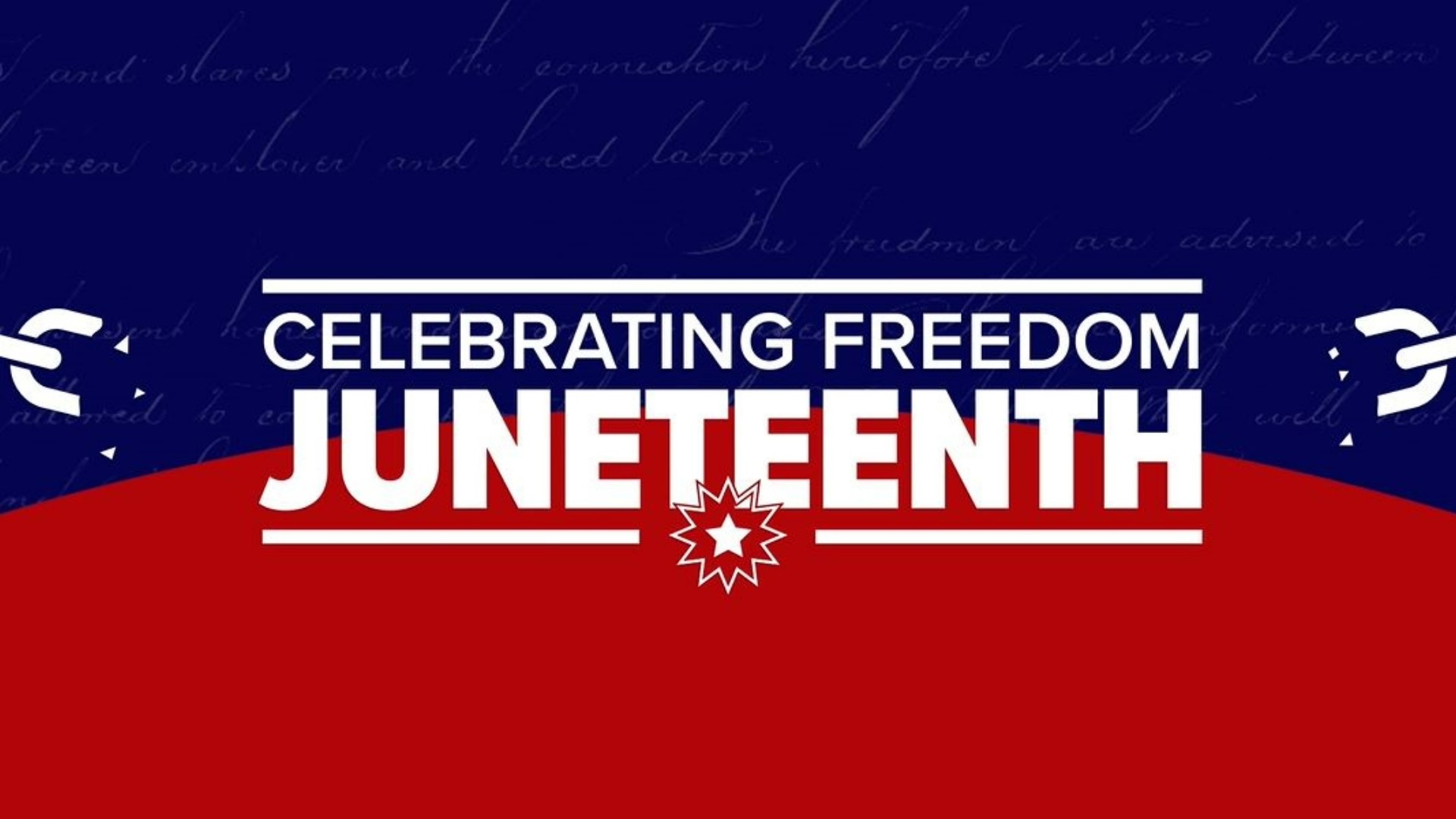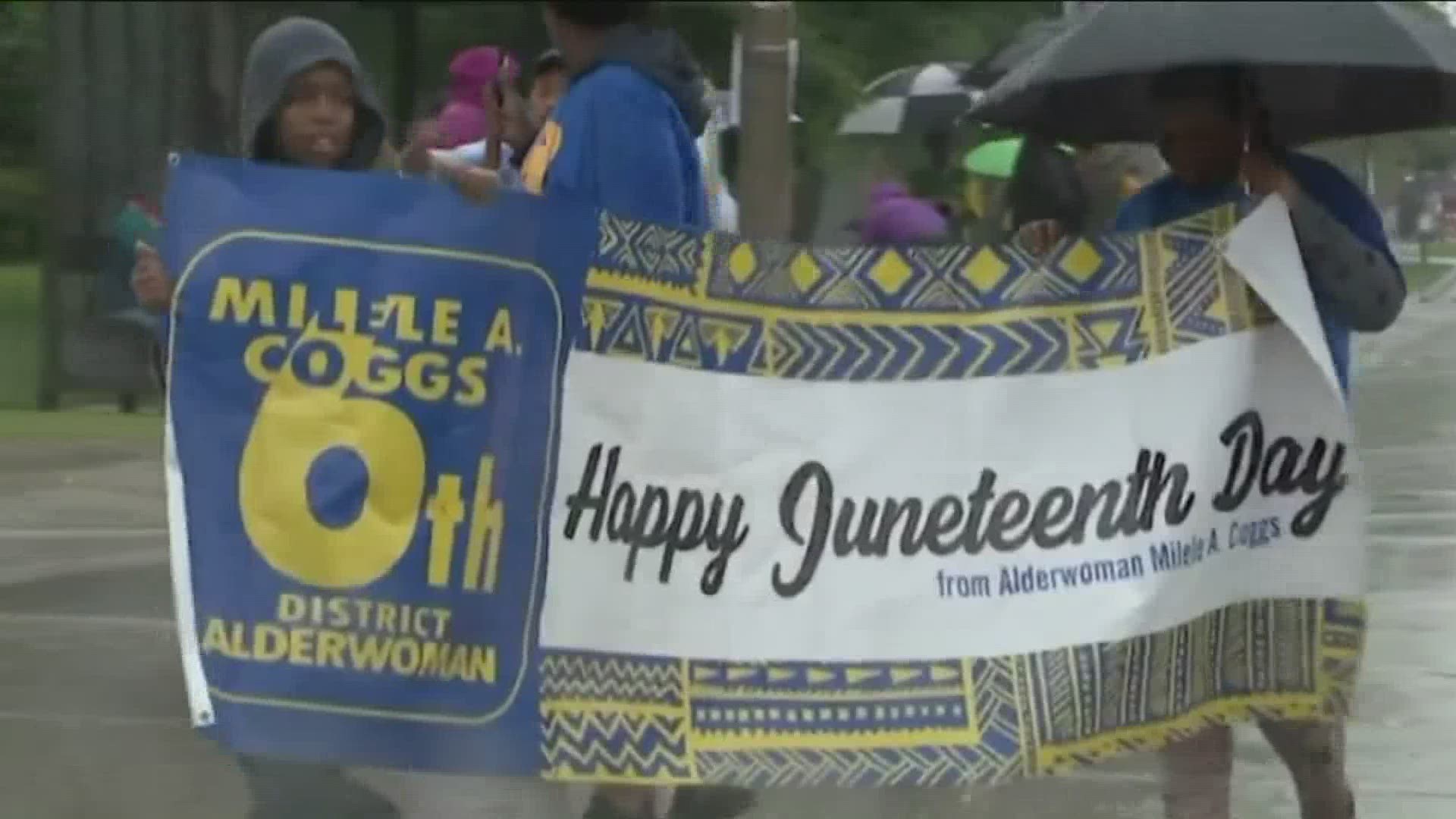Three years after its designation as a federal holiday, Juneteenth 2024 commemorates the historic day when the last enslaved African Americans learned of their freedom. This day, celebrated on June 19, has become a symbol of freedom, education, and the enduring struggle for civil rights.
Understanding the Significance of Juneteenth
Juneteenth, often referred to as “Freedom Day” or “Second Independence Day,” marks the day in 1865 when Union Major General Gordon Granger arrived in Galveston, Texas, and announced the end of the Civil War and the emancipation of enslaved African Americans. This announcement came more than two years after President Abraham Lincoln issued the Emancipation Proclamation on January 1, 1863.

Historians estimate that approximately 250,000 people were still enslaved in Texas at the time of Granger’s announcement. Dr. Tim Goler, a professor at Norfolk State University, explains that Juneteenth symbolizes the long struggle for civil rights and the resilience of African American culture. He emphasizes that Juneteenth is a day for celebration, education, and reflection on the history and contributions of African Americans.
The Path to Federal Recognition
Juneteenth’s journey to becoming a federal holiday culminated in 2021 when President Joe Biden signed the Juneteenth National Independence Day Act into law on June 17. This legislative milestone was a significant step in acknowledging the importance of Juneteenth in American history and culture.
Dr. Alan Singer, a historian and professor at Hofstra University, notes that the recognition of Juneteenth is a crucial part of incorporating Black history into the broader narrative of American history. Singer reflects on his own educational experiences, recounting that Black history was not widely taught during his time in school. He took it upon himself to learn more about African American history and civil rights struggles, emphasizing the importance of presenting an accurate and inclusive picture of U.S. history to his students.
Juneteenth’s Growing Awareness and Commercialization
Juneteenth has been celebrated within the Black community for many years, but its recognition has grown significantly since becoming a federal holiday. Dr. Goler points out that the increased visibility of Juneteenth is a positive development, but he also warns of the risks associated with its commercialization.
Retailers have begun marketing Juneteenth-themed products, raising questions about who benefits from this commercialization. Goler hopes that more Black-owned businesses will benefit from Juneteenth merchandise sales and that the historical significance of the day is not overshadowed by commercial interests.
Advocacy for Racial Equality & Social Justice
Singer also emphasizes that Juneteenth should serve as a platform for building a more just and inclusive society. He advocates for using the holiday as a launching pad for future progress in racial equality and social justice, rather than solely focusing on past achievements.
Dr. Goler concludes by highlighting the importance of education, reflection, and community engagement in Juneteenth celebrations. He hopes that the holiday will bring people together to learn about and appreciate the historical significance of Juneteenth while also recognizing the ongoing fight for freedom and justice.

As Juneteenth 2024 approaches, it serves as a reminder of the resilience and contributions of African Americans throughout history. The day encourages all Americans to reflect on the past, engage with the present, and work towards a more equitable future.
